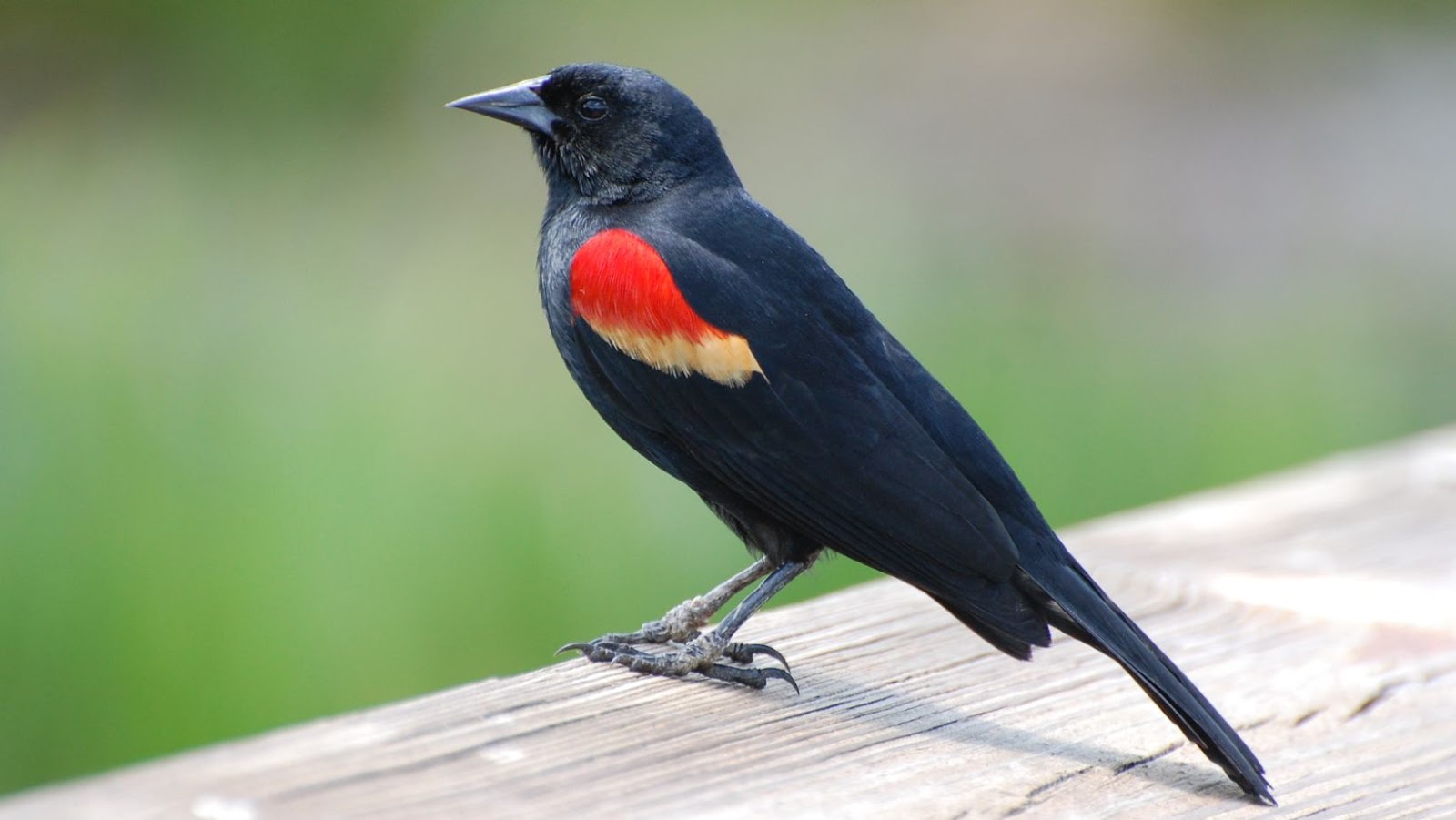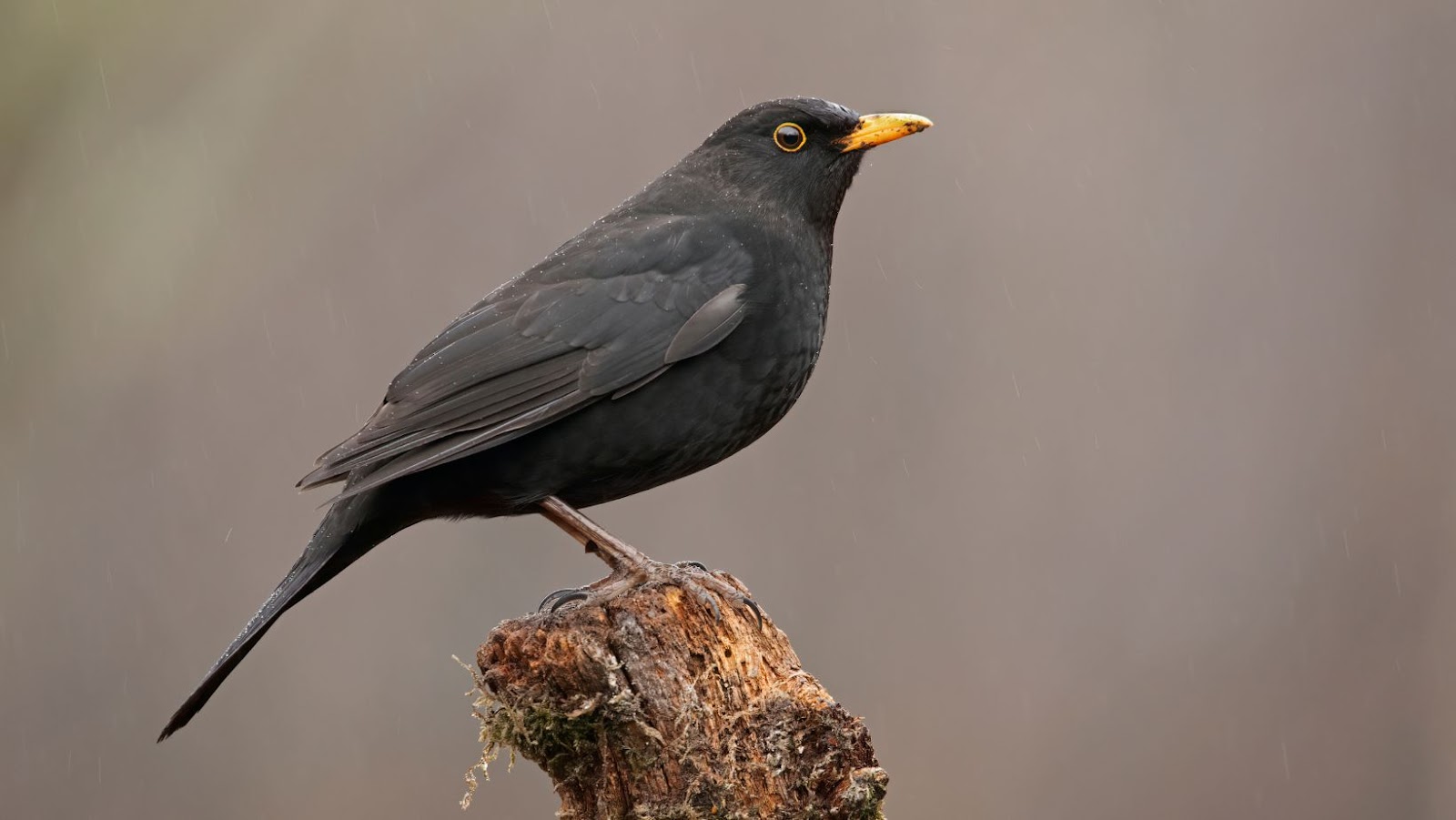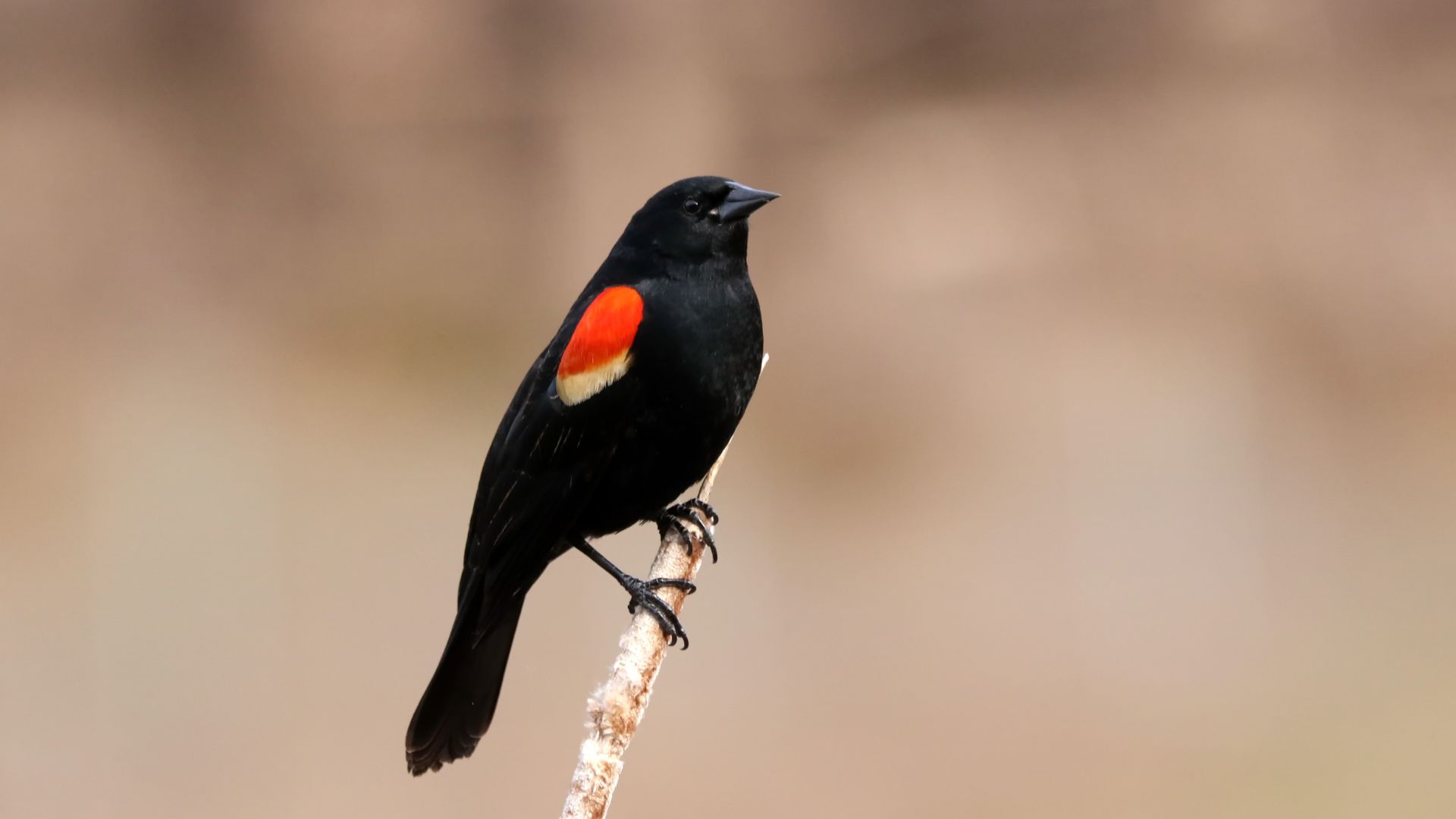Blackbird Health
Blackbirds play a crucial role in maintaining ecological balance. To support their well-being, ensuring a nutritious diet is essential. Blackbirds are omnivores, feeding on a variety of foods such as insects, fruits, and seeds. Providing a diverse and balanced diet is vital for their health and vitality. Observing their feeding habits and offering suitable food sources can help sustain their population and overall ecosystem health.
Monitoring blackbirds for signs of illness is pivotal in safeguarding their health. Common indicators of illness in blackbirds include lethargy, abnormal feather appearance, breathing difficulties, and changes in feeding behavior. Additionally, observing any unusual vocalizations or decreased activity levels can signal potential health issues. Promptly identifying and addressing these symptoms can prevent the spread of diseases and ensure the well-being of blackbird populations.
 Creating an Ideal Habitat for Blackbirds
Creating an Ideal Habitat for Blackbirds
Nurturing an environment conducive to blackbird health is essential for sustaining their populations and maintaining ecosystem balance. Understanding the key aspects of creating an ideal habitat for blackbirds is crucial in ensuring their well-being and overall environmental health.
Shelter: Nests and Nesting Areas
Blackbirds are known for their preference for nesting in dense vegetation, shrubs, or trees, providing them with adequate cover and protection. To support blackbird populations, individuals can:
- Plant Native Trees and Shrubs: By incorporating native trees and shrubs in green spaces, individuals can offer blackbirds suitable nesting sites.
- Maintain Vegetation: Regularly pruning trees and shrubs helps create a safe and undisturbed environment for blackbirds to build their nests.
- Provide Nest Boxes: Installing nest boxes in gardens or natural areas can offer additional nesting options for blackbirds, especially in urban settings.
Safety: Predators and Other Threats
Protecting blackbirds from potential dangers, such as predators and human-induced threats, plays a significant role in ensuring their survival. Ways to enhance safety for blackbirds include:
- Predator Control: Implementing measures like installing predator guards on nest boxes can help deter predators from accessing blackbird nests.
- Avoiding Pesticides: Minimizing the use of pesticides in gardens and green spaces reduces the risk of harmful chemicals affecting blackbirds and their food sources.
- Monitoring Threats: Regularly monitoring for potential threats, such as invasive species or habitat destruction, can aid in safeguarding blackbird populations.
 Diet and Nutrition for Optimal Blackbird Health
Diet and Nutrition for Optimal Blackbird Health
Blackbirds have a diverse diet consisting of various foods such as fruits, insects, worms, and seeds. They are omnivores and feed on a range of berries, apples, cherries, and other fruits. In addition to fruits, blackbirds consume insects like beetles, caterpillars, and spiders, which are crucial sources of protein in their diet. Worms, especially earthworms, are a favorite food for blackbirds due to their high protein content. To support optimal health, it’s essential to provide a balanced diet that mimics their natural food sources.
While blackbirds primarily obtain their nutrition from a natural diet of fruits, insects, and worms, certain supplements can be beneficial for their health. Providing mealworms or suet pellets during colder months can help blackbirds maintain their energy levels and stay warm. Additionally, offering fresh water for drinking and bathing is crucial for their hydration and plumage maintenance. Special dietary needs may arise during breeding seasons when blackbirds require additional nutrients to support egg-laying and chick-rearing. Supplementing their diet with sources of calcium, such as crushed eggshells or calcium-rich foods, can be beneficial during these periods.
Maintaining blackbird health is vital for a balanced ecosystem. By focusing on a nutritious diet, early illness detection, and providing a safe habitat, individuals can contribute to the well-being of these avian creatures. Addressing common health issues like parasitic infections and injuries promptly is crucial for their survival. Seeking professional veterinary care and guidance is essential in ensuring blackbirds receive the necessary medical attention. With proper diet management, including supplements and monitoring, blackbirds can thrive and continue to play their important role in the environment. Remember, a healthy blackbird population benefits not only the birds themselves but also the entire ecosystem they are a part of.
